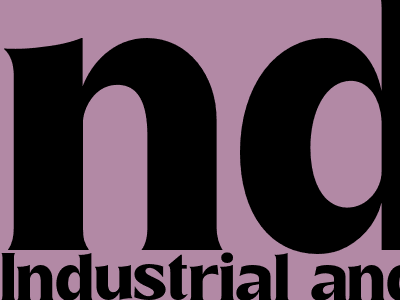
Morningstar Downgrades Industrial and Commercial Bank of China to 'Negative' - What Investors Should Know
ICBC, China's largest bank, has been downgraded by Morningstar to 'Negative' from 'Stable', citing concerns about the bank's asset quality and profitability.
Morningstar analyst Han Teng said in a note to clients that the downgrade reflects his concern about the bank's "elevated credit risk" and "weak profitability." He noted that ICBC's non-performing loan ratio has been rising in recent quarters, and that the bank's net interest margin has been under pressure.
What does this mean for investors?
The downgrade is a reminder that investors should be cautious when investing in Chinese banks. While ICBC is one of the largest and most well-known banks in the world, it is not immune to the risks associated with China's economy.
Investors should be aware that ICBC's asset quality could deteriorate further in the coming quarters, which could lead to higher loan losses and lower profitability.
Investors should also be aware that ICBC's profitability could be pressured by rising interest rates in China. The People's Bank of China has been raising interest rates in an effort to curb inflation, which could make it more expensive for ICBC to borrow money.
What should investors do?
Investors who are concerned about the risks associated with ICBC should consider reducing their exposure to the bank. They may want to sell their ICBC shares or reduce their investment in the bank's bonds.
Investors who are looking for a safer investment may want to consider investing in other Chinese banks that have a stronger track record of asset quality and profitability.
Disclaimer:
This article is for informational purposes only and should not be considered investment advice. Investors should always consult with a qualified financial advisor before making any investment decisions.